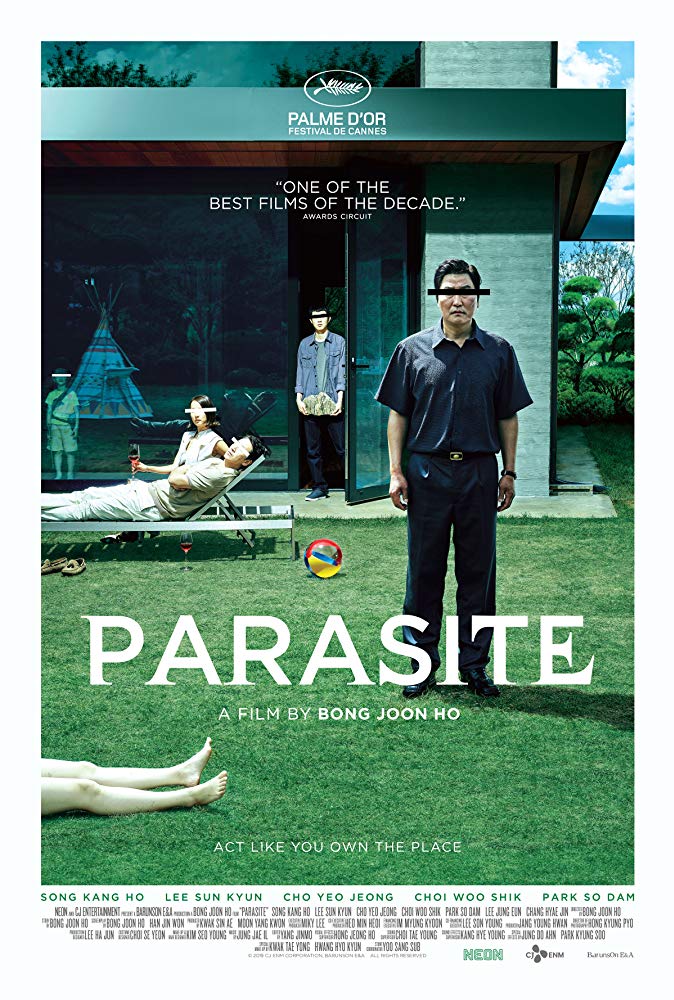Movie “Parasite” shows not only the gap between the rich and the poor, but also the vanity and envy that all humans share in a civil society. The son in the poor family isn’t satisfied with just finding a job (as a tutor for the daughter in the rich family), he wants his entire family infiltrated in the rich household. It then leads to the tragedy in the end. Human needs make people corrupt because what they need is no longer the basics of living, but pleasure, convenience or leisure that they desire. The inequality in the society is caused by corrupt human wants, for”those conveniences having through habit lost almost all their pleasure, and being at the same time degenerated into true needs, being deprived of them became much more cruel than possessing them was sweet; and they were unhappy about losing them without being happy about possessing them”(Discourse on Inequality, p.72). The wants will eventually becomes the needs, which will control humans. In “Parasite”, the characters, especially the poor family, are in some ways enslaved to their desires which ultimately leads to their own tragedy.
https://www.imdb.com/title/tt6751668/


Hey Jinghan!
I found your Rousseau-esque commentary regarding the needs of man astute! Your statement, “Human needs make people corrupt because what they need is no longer the basics of living, but pleasure, convenience or leisure that they desire” is an intriguing consideration of how the movie criticizes human desire.
Personally, I understood the transgressions committed by the family more so a confusion of what one requires with what one desires. From a Voltaire-centric paradigm, I established parallels between the corrupt desires of the family to the state of disillusionment man cultivates from hope (and its disparity with reality). To further articulate this concept of hope, I reflected on the diametrically opposed nature of hope–as an idealized existence–to reality–as a realized existence–and how this dichotomy is applied to the movie.
Particularly, I noticed how the Kim family had acted upon their hopes by attempting to make their ideal their truth, as well as how the nefarious deeds created from this effort resulted in grave repercussions. The Kim family mistook their desires as something they necessitated, and recklessly pursued it without acknowledging the risks.
Overall, I appreciate your take on the movie (and how it applies to Rousseau’s philosophy) as a reflection of human needs, and our behavioral tendency to misidentify what those needs are.
Hey Jinghan!
I found your Rousseau-esque commentary regarding the needs of man astute! Your statement, “Human needs make people corrupt because what they need is no longer the basics of living, but pleasure, convenience or leisure that they desire” is an intriguing consideration of how the movie criticizes human desire.
Personally, I understood the transgressions committed by the family more so a confusion of what one requires with what one desires. From a Voltaire-centric paradigm, I established parallels between the corrupt desires of the family to the state of disillusionment man cultivates from hope (and its disparity with reality). To further articulate this concept of hope, I reflected on the diametrically opposed nature of hope–as an idealized existence–to reality–as a realized existence–and how this dichotomy is applied to the movie.
Particularly, I noticed how the Kim family had acted upon their hopes by attempting to make their ideal their truth, as well as how the nefarious deeds created from this effort resulted in grave repercussions. The Kim family mistook their desires as something they necessitated, and recklessly pursued it without acknowledging the risks.
Overall, I appreciate your take on the movie (and how it applies to Rousseau’s philosophy) as a reflection of human needs, and our behavioral tendency to misidentify what those needs are.
(I accidentally forgot to log in before I made my identical comment above, whoops)